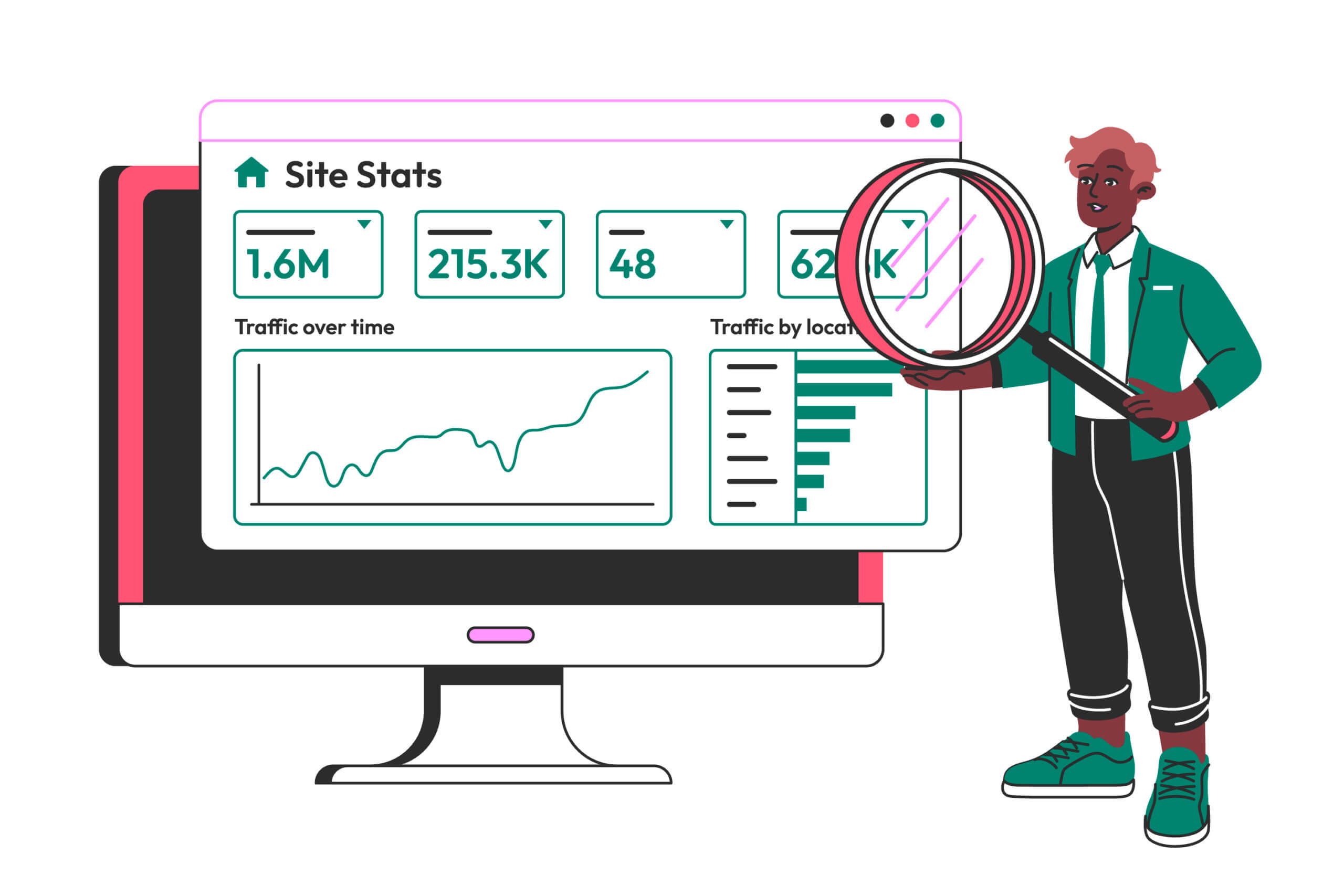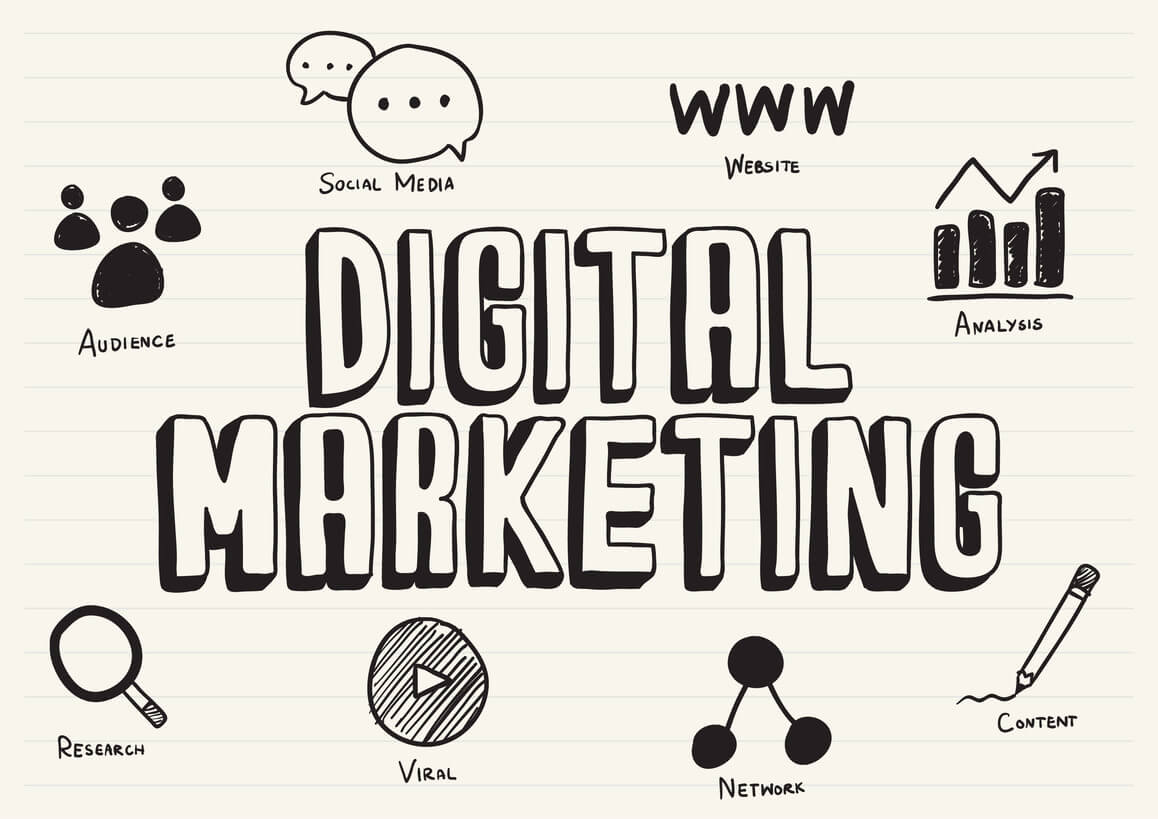
Introduction: The Power of Social Media Marketing
In today’s digital age, social media has become an integral part of our lives. From connecting with friends and family to staying updated on the latest news and trends, social media platforms have transformed the way we communicate and interact. However, beyond personal use, social media has also emerged as a powerful tool for businesses to expand their reach and grow their customer base. In this article, we will explore the role of social media marketing in growing your business and discuss effective strategies to leverage its potential.
The Role of Social Media Marketing in Growing Your Business
Social media marketing plays a pivotal role in the growth of businesses across various industries. It enables companies to engage with their target audience, build brand awareness, drive website traffic, and ultimately increase conversions and sales. Let’s delve deeper into the key ways social media marketing can benefit your business:
1. Enhancing Brand Visibility and Awareness
In today’s competitive market, it’s crucial for businesses to stand out and establish a strong brand presence. Social media platforms offer an excellent opportunity to showcase your brand and connect with a vast audience. By consistently sharing valuable and engaging content, you can increase your brand visibility, generate brand awareness, and build a loyal customer base.
2. Building Customer Relationships and Engagement
Social media platforms provide a unique avenue for businesses to interact directly with their customers. Through regular updates, posts, and comments, you can foster a sense of community and build strong relationships with your audience. By engaging with your followers, addressing their queries and concerns, and showcasing your expertise, you can establish trust and loyalty, ultimately driving customer retention and advocacy.
3. Driving Targeted Website Traffic
Social media platforms serve as an effective channel to drive traffic to your website. By sharing compelling content and strategically placing links to your website, you can attract interested users who are more likely to convert into customers. Additionally, optimizing your social media profiles with relevant keywords and hashtags can improve your search engine visibility, further enhancing your website’s traffic and discoverability.
4. Increasing Lead Generation and Conversions
Social media marketing can significantly contribute to your lead generation efforts. By crafting persuasive and targeted advertisements, offering exclusive promotions or discounts, and leveraging compelling calls-to-action, you can capture the interest of potential customers and drive them to take desired actions. By integrating social media with your lead nurturing and sales funnel strategies, you can increase conversions and achieve measurable business growth.
5. Conducting Market Research and Gathering Insights
Social media platforms provide a treasure trove of valuable data and insights that can help you understand your target market better. By monitoring engagement metrics, analyzing user behavior, and conducting surveys or polls, you can gather meaningful data about your customers’ preferences, pain points, and desires. These insights can guide your marketing strategies, product development, and overall business decisions, enabling you to stay ahead of the competition.
6. Competitor Analysis and Benchmarking
Social media not only allows you to connect with your customers but also provides an opportunity to keep a close eye on your competitors. By monitoring their social media presence, analyzing their content, and observing their engagement strategies, you can gain valuable insights into their tactics and identify areas for improvement. This information can help you refine your own social media marketing approach and stay competitive in your industry.
FAQs About the Role of Social Media Marketing in Growing Your Business
1. How can social media marketing help my business?
Social media marketing can help your business by enhancing brand visibility, building customer relationships, driving targeted website traffic, increasing lead generation and conversions, conducting market research, and analyzing competitor strategies.
2. Which social media platforms should I focus on for my business?
The choice
of social media platforms depends on your target audience and business objectives. Conduct market research to identify the platforms your audience is active on and tailor your strategies accordingly. Popular platforms include Facebook, Instagram, Twitter, LinkedIn, and YouTube.
3. How often should I post on social media?
Consistency is key when it comes to social media posting. Aim to maintain a regular posting schedule that aligns with your audience’s preferences and engagement patterns. However, quality should always take precedence over quantity. Focus on delivering valuable content that resonates with your audience.
4. Is it necessary to use paid advertising on social media?
While organic reach on social media platforms has become increasingly challenging, paid advertising offers a valuable opportunity to reach a wider audience and achieve specific business goals. Consider allocating a portion of your marketing budget to paid social media campaigns for maximum impact.
5. How can I measure the success of my social media marketing efforts?
To measure the success of your social media marketing efforts, track relevant metrics such as engagement rate, reach, click-through rate, conversion rate, and return on investment (ROI). Utilize analytics tools provided by social media platforms and integrate them with your overall marketing analytics system.
6. What are some common mistakes to avoid in social media marketing?
Some common mistakes to avoid in social media marketing include inconsistent branding, excessive self-promotion, neglecting customer engagement, lack of a content strategy, and failing to monitor and respond to feedback. It’s essential to have a well-defined plan and continually adapt your strategies based on audience feedback and industry trends.
Conclusion
In conclusion, social media marketing plays a vital role in growing your business by enhancing brand visibility, fostering customer relationships, driving website traffic, increasing lead generation and conversions, conducting market research, and analyzing competitors. By leveraging the power of social media platforms, businesses can tap into a vast audience and gain a competitive edge. However, it’s important to develop a well-thought-out strategy, consistently deliver valuable content, and adapt to evolving trends to maximize the benefits of social media marketing. So, embrace the potential of social media and take your business to new heights of success.

















